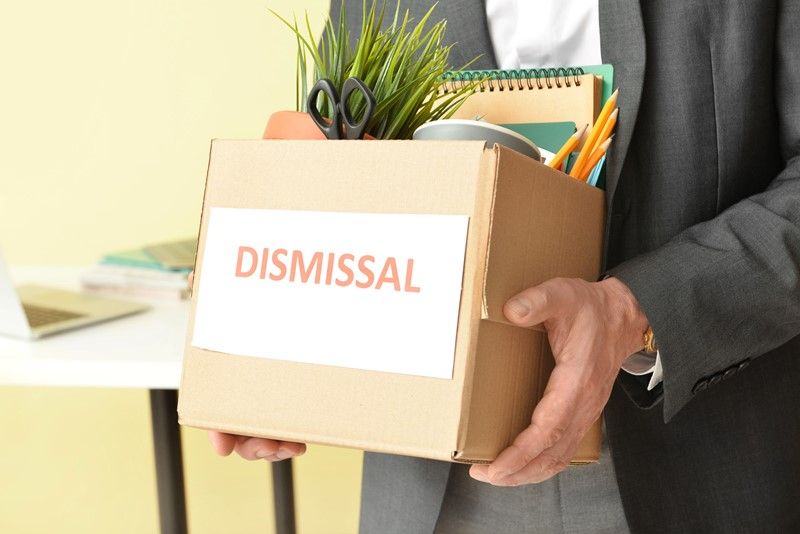Acquiring new assets is often essential for small businesses looking to grow, improve efficiency or remain competitive. Whether the investment is in vehicles, machinery, IT systems or specialist equipment, choosing the right funding method can have a significant impact on cash flow, tax efficiency and overall financial resilience. Understanding the main options available allows business owners to make more informed decisions.
Using existing cash reserves is the most straightforward option. Paying outright avoids interest costs and keeps administration simple. However, it can leave the business exposed if working capital is reduced too far. For many businesses, preserving cash for day to day operations, tax liabilities and unexpected costs is just as important as the asset purchase itself.
Bank loans remain a common funding route. Term loans allow the cost of an asset to be spread over its useful life, helping to align repayments with the income the asset generates. While interest rates are higher than in previous years, loans can still be suitable where cash flows are predictable, and the business has sufficient headroom to meet repayments. It is important to consider any security requirements and the impact on future borrowing capacity.
Asset finance is widely used for equipment, vehicles and machinery. Hire purchase and finance lease arrangements allow businesses to acquire assets with limited upfront cost, spreading payments over an agreed period. In many cases, the asset itself provides the security, which can reduce the need for personal guarantees. Asset finance can also offer flexibility, particularly where technology changes quickly or assets need regular replacement.
Operating leases are another option, especially for assets that depreciate rapidly or become obsolete. Rather than owning the asset, the business pays for its use over a fixed term. This can reduce balance sheet exposure and help manage cash flow, although ownership does not pass to the business at the end of the agreement.
For owner managed companies, director loans or additional capital introduced by shareholders may be considered. While this can avoid external borrowing, it still requires careful planning around tax, repayment terms and the long term impact on personal finances.
Each funding option has different accounting and tax implications, including capital allowances, interest relief and balance sheet treatment. The right choice will depend on the type of asset, the strength of the business cash flow and the wider financial objectives.
A short discussion at the planning stage can often lead to a more efficient and sustainable outcome.




